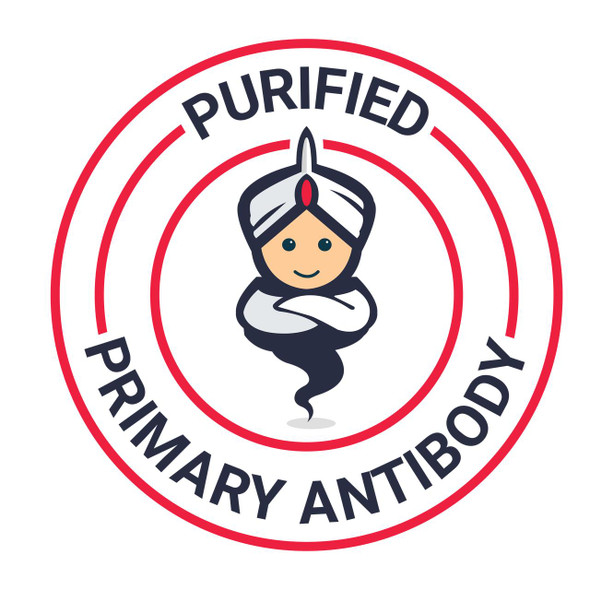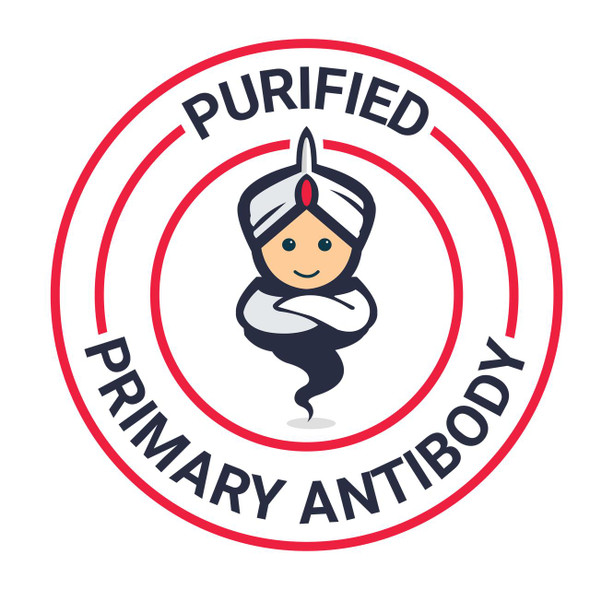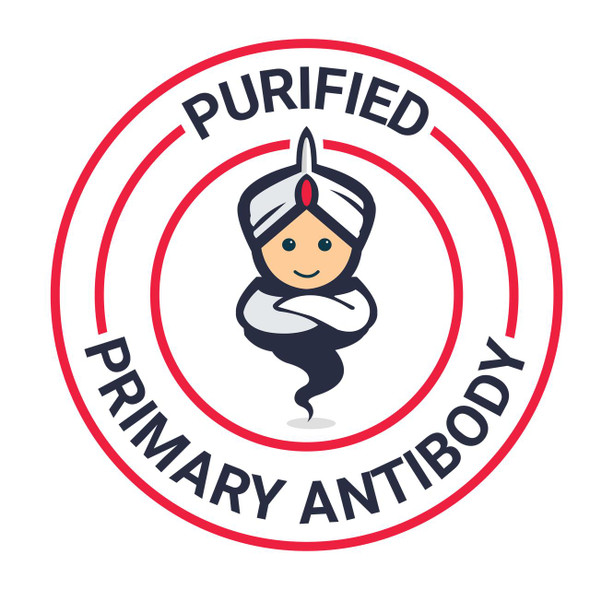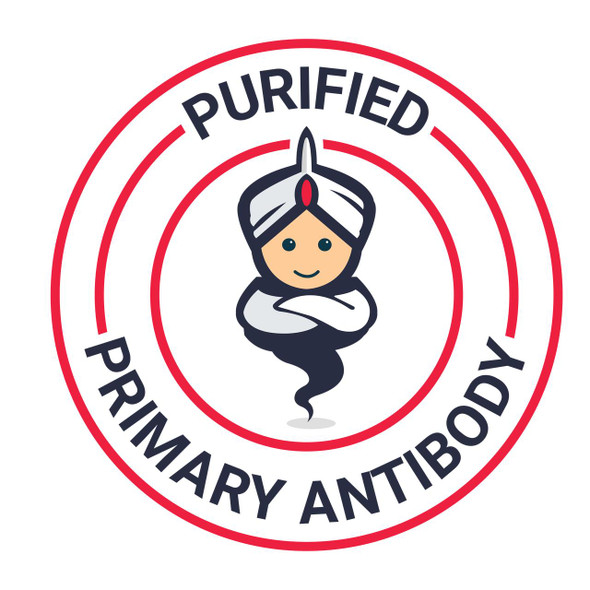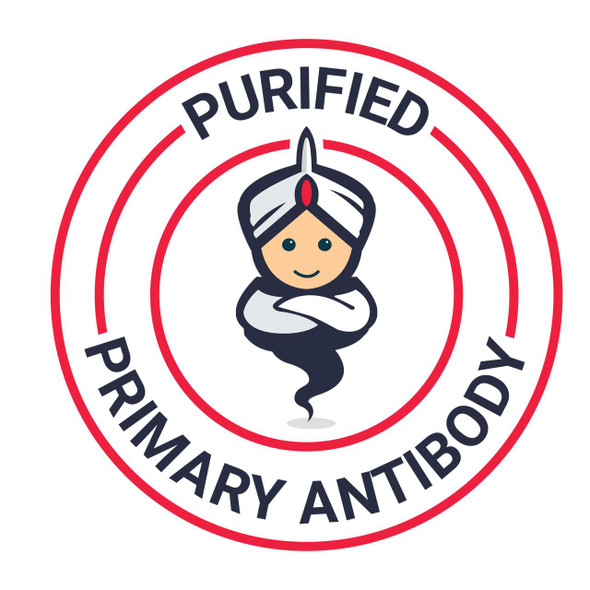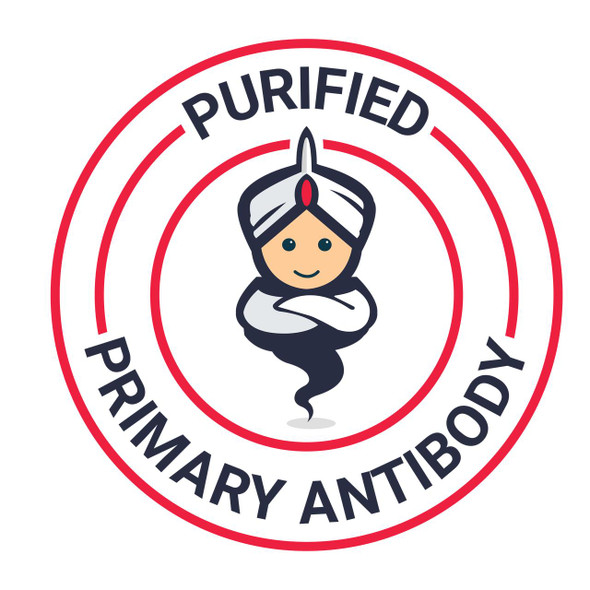Description
| Product Name: | Mouse CD4 monoclonal antibody (PE) |
| Product Code: | AGIM0240 |
| Size: | 500 µL |
| Reactivity: | Mouse |
| Clone: | YTS 191.1.2 |
| Applications: | Flow Cytometry |
| Conjugate: | PE |
| Isotype: | IgG2b |
| Host Species: | Rat |
| Storage: | Store at 4°C. Avoid prolonged exposure to light. |
| Uniprot: | P01730 |
| UniProt Protein Function: | CD4: Accessory protein for MHC class-II antigen/T-cell receptor interaction. May regulate T-cell activation. Induces the aggregation of lipid rafts. Associates with LCK. Binds to HIV-1 gp120 and to P4HB/PDI and upon HIV-1 binding to the cell membrane, is part of P4HB/PDI- CD4-CXCR4-gp120 complex. Interacts with HIV-1 Envelope polyprotein gp160 and protein Vpu. Interacts with Human Herpes virus 7 capsid proteins. Interacts with PTK2/FAK1; this interaction requires the presence of HIV-1 gp120. |
| UniProt Protein Details: | Protein type:Membrane protein, integral; Cell surface Chromosomal Location of Human Ortholog: 12p13.31 Cellular Component: T cell receptor complex; endoplasmic reticulum membrane; endoplasmic reticulum lumen; early endosome; plasma membrane; integral to membrane; external side of plasma membrane; lipid raft Molecular Function:protein binding; enzyme binding; transmembrane receptor activity; protein homodimerization activity; zinc ion binding; extracellular matrix structural constituent; coreceptor activity; receptor activity; glycoprotein binding; protein kinase binding; MHC class II protein binding Biological Process: maintenance of cellular protein localization; viral reproduction; positive regulation of interleukin-2 biosynthetic process; cytokine production; T cell selection; positive regulation of calcium-mediated signaling; defense response to Gram-negative bacterium; signal transduction; induction by virus of cell-cell fusion in host; T cell receptor signaling pathway; enzyme linked receptor protein signaling pathway; regulation of defense response to virus by virus; positive regulation of peptidyl-tyrosine phosphorylation; cell surface receptor linked signal transduction; positive regulation of protein kinase activity; T cell costimulation; protein palmitoleylation; innate immune response; entry into host cell; immune response; transmembrane receptor protein tyrosine kinase signaling pathway; T cell differentiation; regulation of T cell activation Disease: Okt4 Epitope Deficiency |
| NCBI Summary: | This gene encodes a membrane glycoprotein of T lymphocytes that interacts with major histocompatibility complex class II antigenes and is also a receptor for the human immunodeficiency virus. This gene is expressed not only in T lymphocytes, but also in B cells, macrophages, and granulocytes. It is also expressed in specific regions of the brain. The protein functions to initiate or augment the early phase of T-cell activation, and may function as an important mediator of indirect neuronal damage in infectious and immune-mediated diseases of the central nervous system. Multiple alternatively spliced transcript variants encoding different isoforms have been identified in this gene. [provided by RefSeq, Aug 2010] |
| UniProt Code: | P01730 |
| NCBI GenInfo Identifier: | 116013 |
| NCBI Gene ID: | 920 |
| NCBI Accession: | P01730.1 |
| UniProt Secondary Accession: | P01730,Q4ZGK2, Q5U066, Q9UDE5, B2R737, D3DUS5, |
| UniProt Related Accession: | P01730 |
| Molecular Weight: | 458 |
| NCBI Full Name: | T-cell surface glycoprotein CD4 |
| NCBI Synonym Full Names: | CD4 molecule |
| NCBI Official Symbol: | CD4 |
| NCBI Official Synonym Symbols: | CD4mut |
| NCBI Protein Information: | T-cell surface glycoprotein CD4; CD4 receptor; CD4 antigen (p55); T-cell surface antigen T4/Leu-3 |
| UniProt Protein Name: | T-cell surface glycoprotein CD4 |
| UniProt Synonym Protein Names: | T-cell surface antigen T4/Leu-3; CD_antigen: CD4 |
| Protein Family: | CD40 ligand |
| UniProt Gene Name: | CD4 |
| UniProt Entry Name: | CD4_HUMAN |


